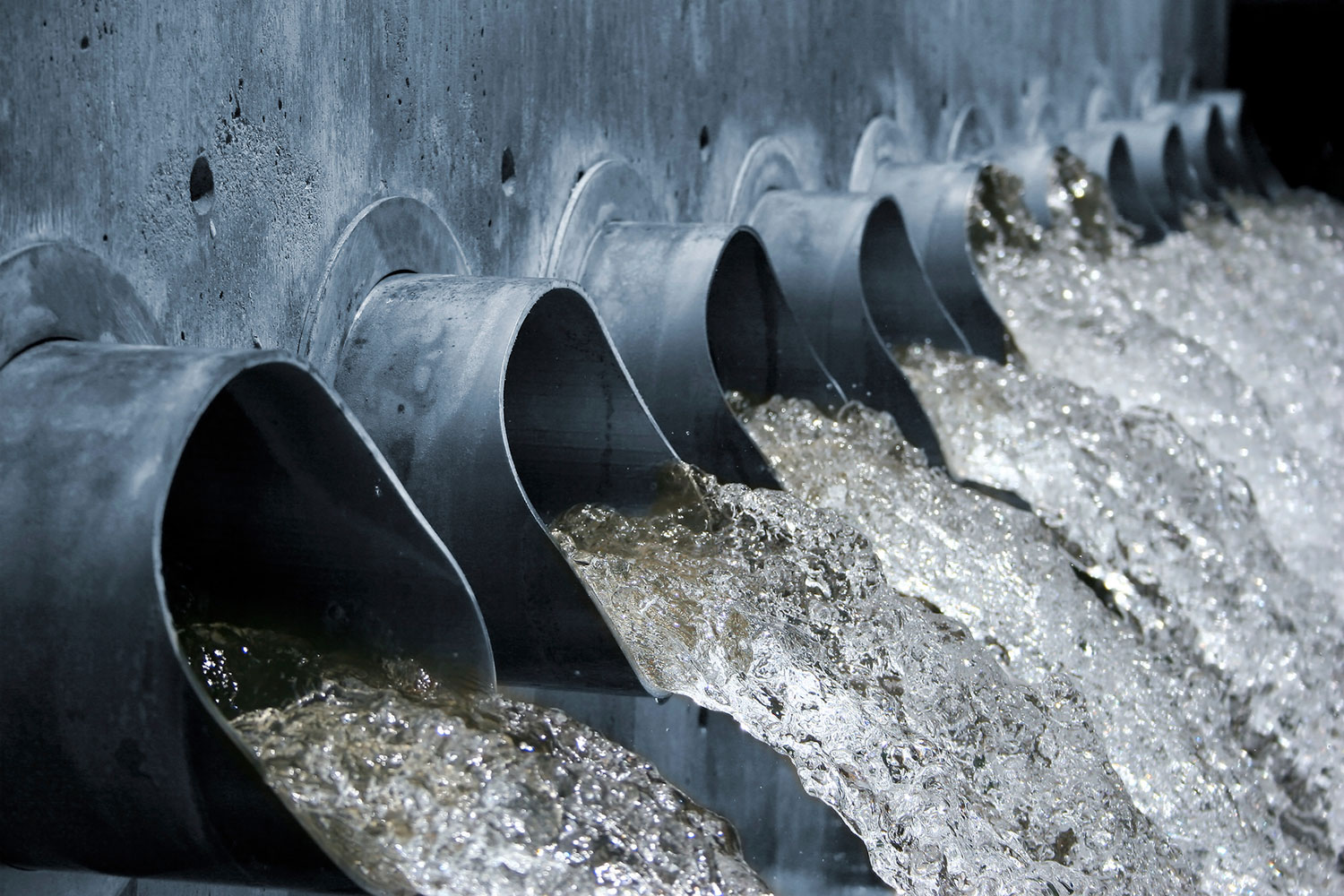Free Courses Sale ends Soon, Get It Now


Free Courses Sale ends Soon, Get It Now



Disclaimer: Copyright infringement not intended.
Context
Wastewater in India
Wastewater Management in India
Steps to Improve Wastewater Management in India
https://www.pib.gov.in/PressReleasePage.aspx?PRID=1823954
© 2024 iasgyan. All right reserved